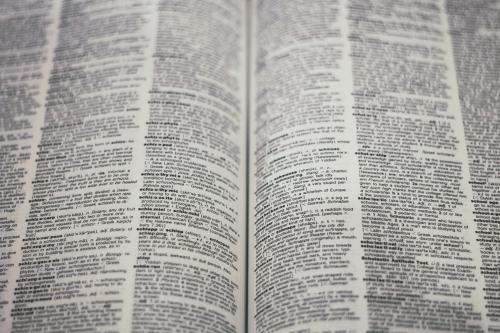The costly shades of Puritanism in the US reaction to Obama's healthcare for all
The grumpy hedonist and quote-meister HL Mencken defined Puritanism as ‘the haunting fear that someone, somewhere, may be happy’. That anti-euphoria manifests itself most frequently in prohibiting pleasurable activities that involve moral hazards, which include sex in all its varieties, drugs, drink and – occasionally – rock and roll. An essential ingredient of the killjoy mix is self-righteousness. Puritans always know best what is bad for you, whether it is having a drink in the small hours of the morning, working a well-paid job in a brothel instead of toiling at minimum wage in a fast food restaurant, or smoking marijuana.
But regulation is not always bad. We would not want, for instance, innocent passers-by or work colleagues to cough on secondary spliff smoke, and authorities might have reasons to check just how voluntary work in a massage parlor actually is – but such rescue raids always seem to end with the ‘victims’ locked up in prison cells. There is even a case that a noisy bar still open at five in the morning might annoy the neighbors. But all too often the various reformers invoke such circumstantial reasons only to lend verisimilitude to their otherwise bald and unconvincing narratives. A classic case is methadone, which is apparently not as much fun as heroin but much more addictive, leading to the question of whether it is the addiction or the pleasure we object to.
In the end, however, sin has many practitioners, but few public advocates, hence the joys of political hypocrisy. The inability even to have a rational discussion on recreational pharmaceuticals means the War On Drugs turned into a war on Mexican society, and destabilized much of the Caribbean and Central America. It filled prisons with a whole generation of people, usually poor and underprivileged.
One has to take a step back for the ethical anomalies to cause ripples in the smooth flow of commonly accepted prejudice. Of course, ethics don’t sit easily in conjunction with either former New York attorney general Eliot Spitzer, whose career was ruined for paying the equivalent of a month’s professional salary to a struggling student for a day’s work, or with Bill Clinton, who went on to a second US presidential term after accepting the services of an unpaid volunteer intern.
But there is another form of Puritanism that is almost equally costly: Obamacare. Most of the civilized world accepts the basic premise that healthcare should be universally available. Even rich people can see the advantage in not being surrounded by plague-carrying paupers. After all, Queen Victoria became a widow because poor people carried typhoid in the vicinity of Windsor Castle.
In other countries, citizens pay compulsory means-related premiums – taxes, in effect – that guarantee healthcare provision. It is perhaps significant that even under Margaret Thatcher, the UK’s National Health Service gave up trying to bill foreigners who used the system. It was plain that any billing and accountancy would cost far, far more than any conceivable revenue raised.
In the US, the ‘moral hazard’ of poor people getting healthcare for free causes a frisson of horror in the hearts of the Puritan elite. They would rather risk a typhoid-carrying immigrant doing their cleaning and cooking than risk letting them have free access to doctors.
In the country of the paying, therefore, although a third of the grossly overspent health dollar in the US is spent on tedious billing and paperwork, Obamacare’s initial concept of universal healthcare has morphed into a law mandating compulsorily purchased health insurance, albeit with the saving grace of subsidies. Poor people enjoying civilized healthcare gives Puritans indigestion!










